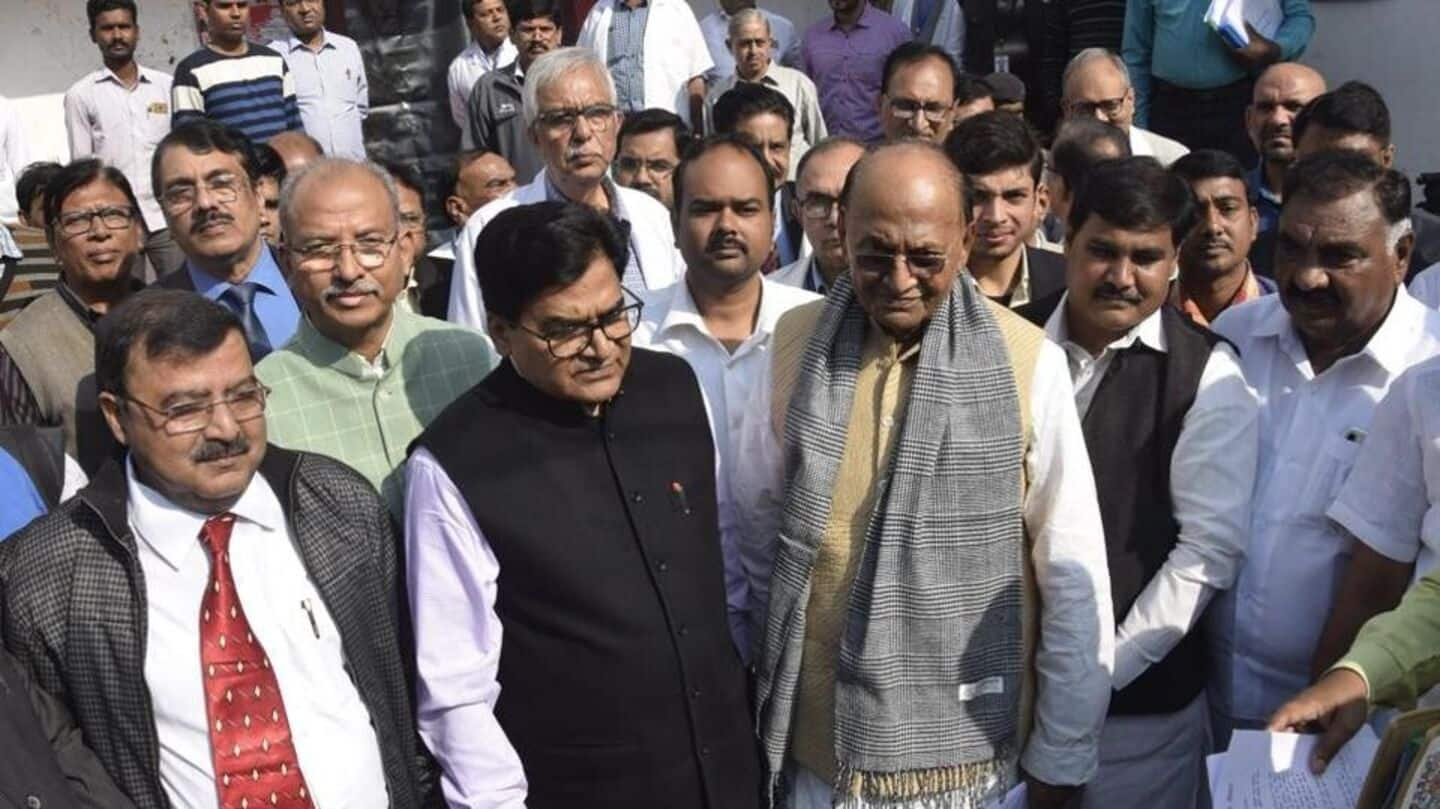**Centre Considers Extending Parliamentary Standing Committees’ Tenures by 2 Years**
*By Snehil Singh | Sep 27, 2025, 10:38 AM*
The Indian government is currently contemplating extending the tenure of parliamentary standing committees from the existing one year to two years. This proposed change aims to enhance continuity and allow members to conduct more comprehensive examinations of bills, reports, and key policy issues.
At present, the terms of these committees are set to expire on September 26. However, there is growing support among Members of Parliament (MPs) for longer tenures, which would enable detailed studies of their respective subjects without the disruption of annual reconstitution.
**Political Implications: Shashi Tharoor’s Position at Stake**
This potential extension carries particular political significance for Congress MP Shashi Tharoor, who heads the External Affairs Committee. An extension would allow him to maintain his chairmanship for an additional two years, despite recent disagreements within his party. This development underscores how the proposal could influence individual political careers in addition to parliamentary procedures.
**Pending Decision and Administrative Impact**
The final decision on extending committee tenures is still under review, awaiting discussions with the Rajya Sabha Chairman and the Lok Sabha Speaker. While it is unlikely that there will be changes to committee chairpersons, the tenure of newly appointed members might be extended to ensure continuity in committee work.
If approved, the extension could have lasting administrative and political implications for the functioning of Parliament, potentially strengthening the role of standing committees in legislative oversight.
**Role and Importance of Parliamentary Standing Committees**
Parliamentary standing committees are permanent bodies comprising MPs from both the Lok Sabha and the Rajya Sabha. They play a vital role in examining proposed legislation, scrutinizing government policies, and reviewing budget allocations.
These committees also hold ministries accountable by conducting inquiries and collecting evidence on various governance issues. When Parliament is not in session, standing committees act as “mini-parliaments,” allowing MPs to perform detailed policy and legislative oversight without waiting for full parliamentary sittings.
Extending the tenure of these committees could bolster their effectiveness and contribute to more nuanced parliamentary scrutiny in the years to come.
https://www.newsbytesapp.com/news/politics/centre-may-extend-parliamentary-panels-terms-by-2-years/story
